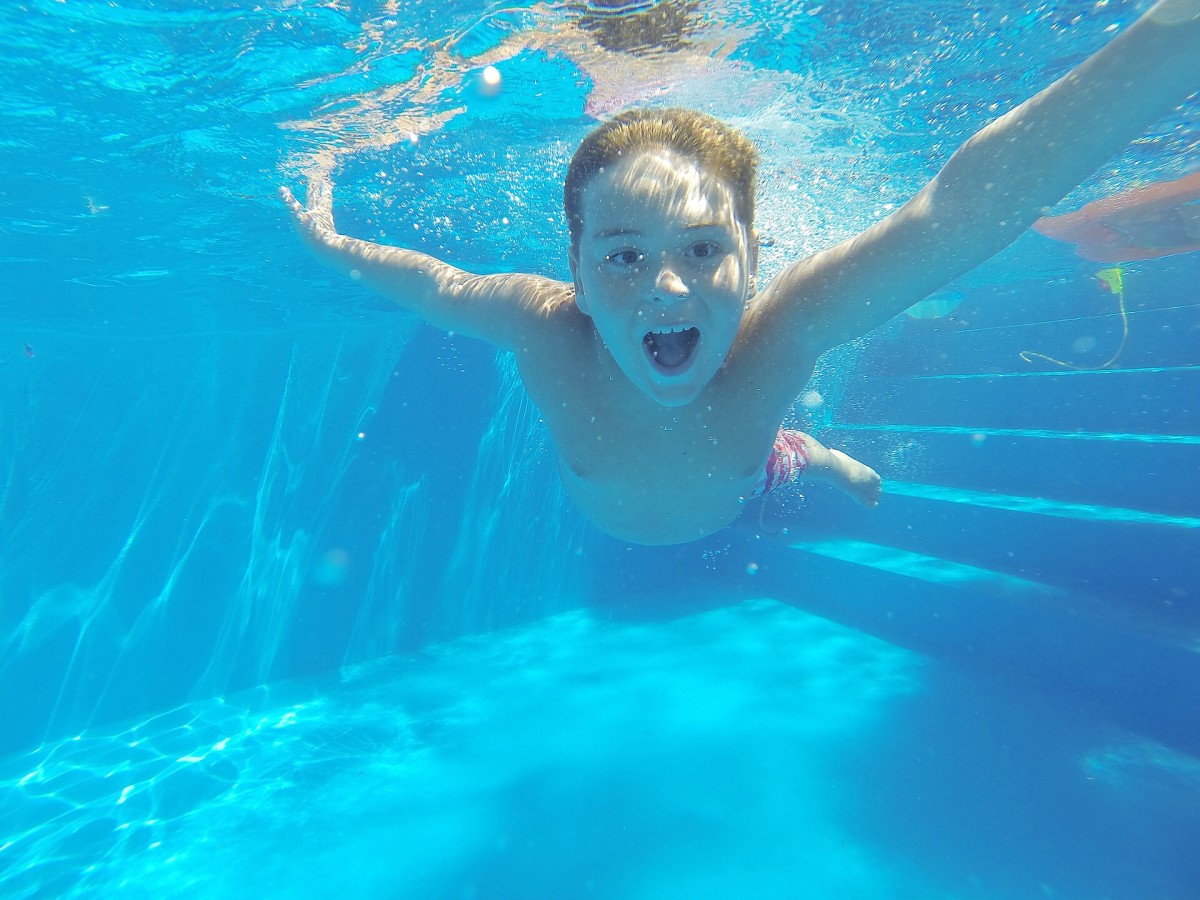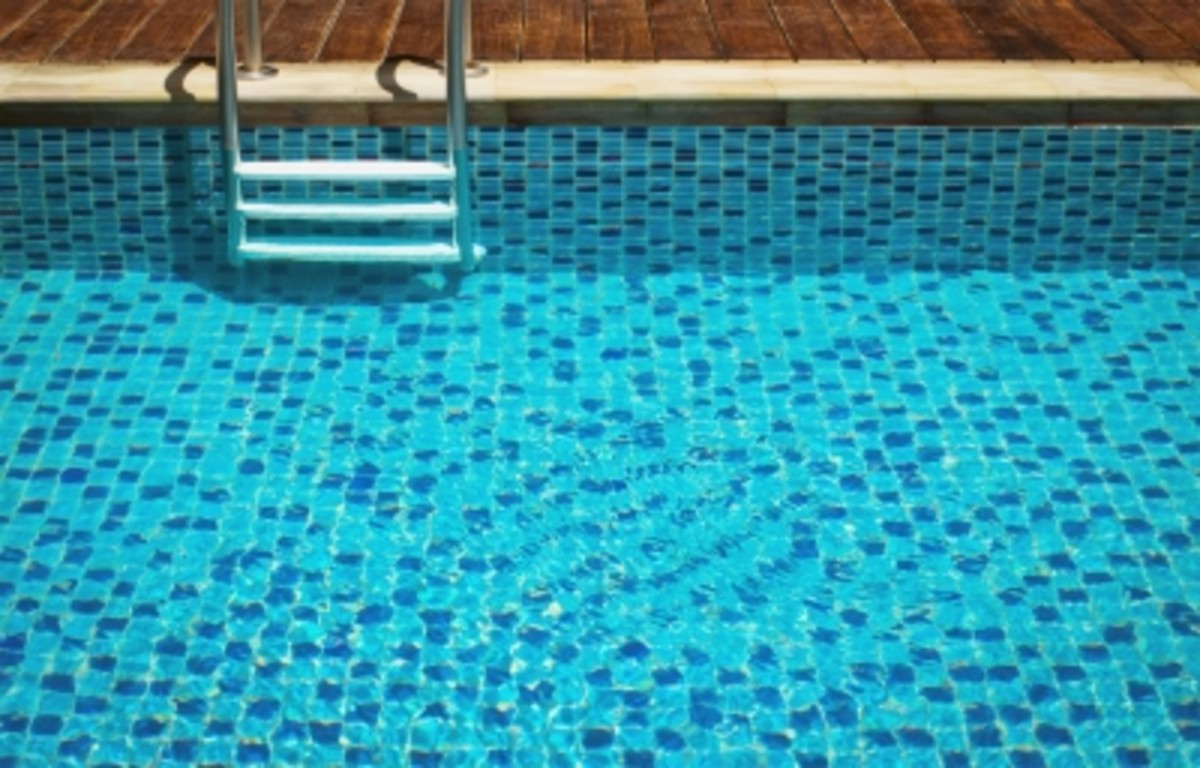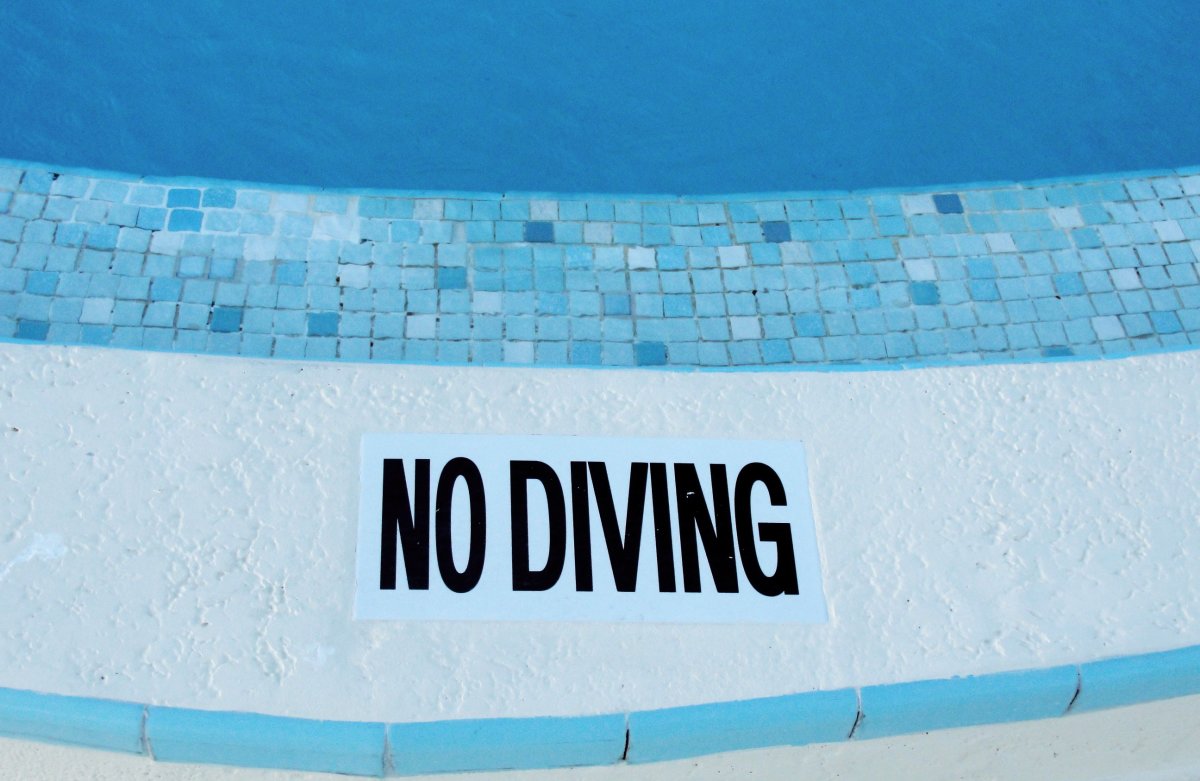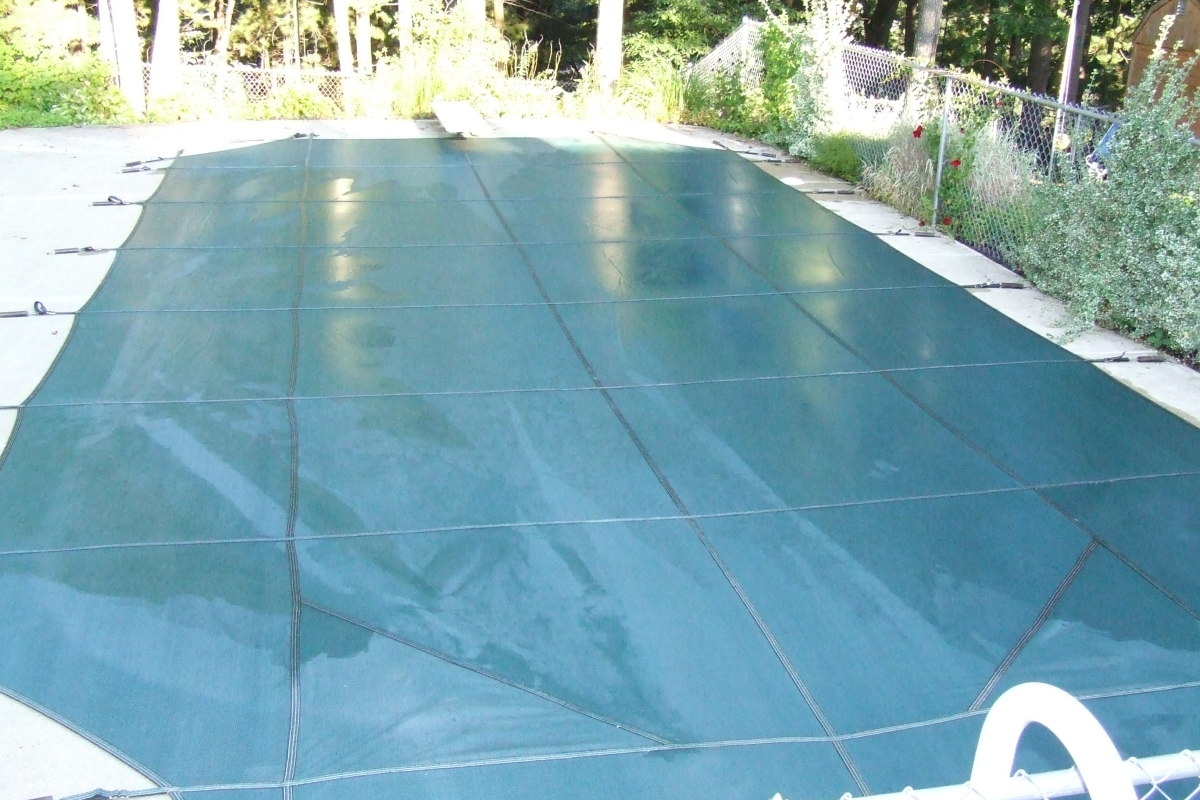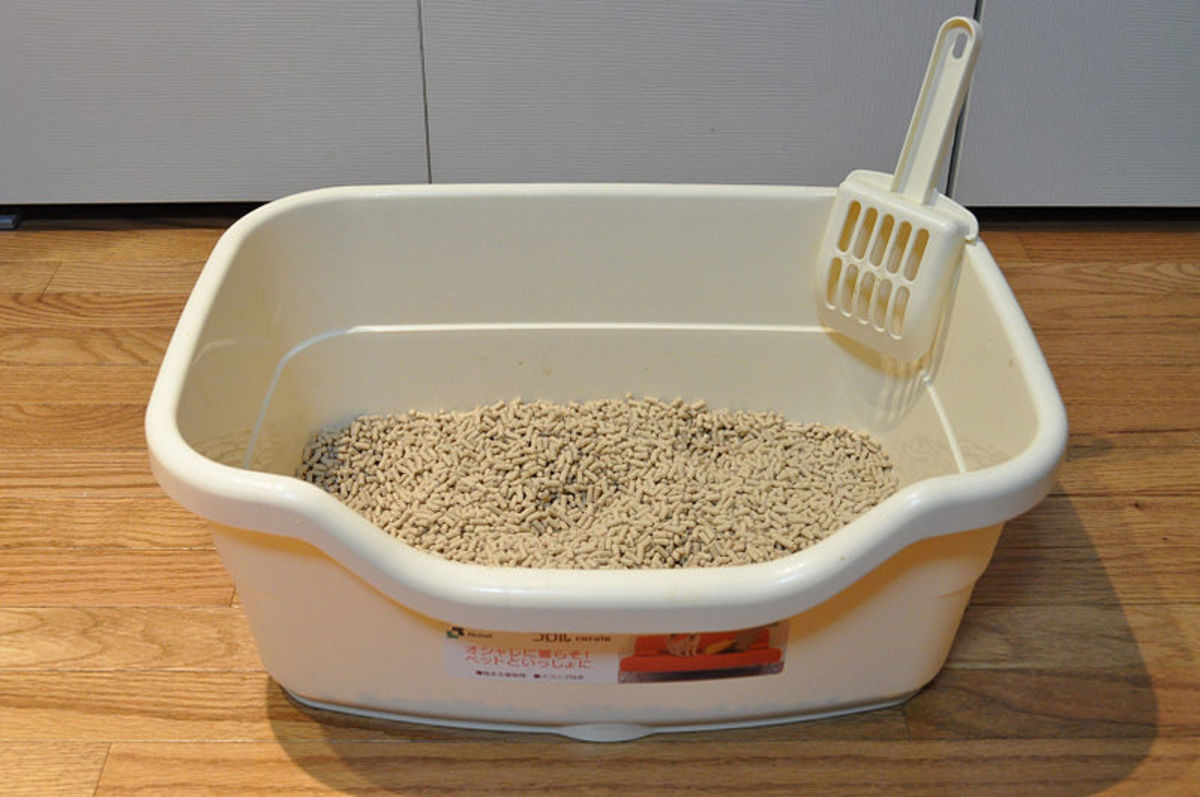Swimming Pool Safety Equipment
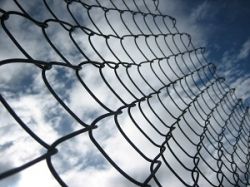
Pool Accessories to Protect You, Your Family, and Your Neighborhood
Having your own backyard swimming pool is a lot of fun, but it also comes with significant risks and responsibilities. The biggest is the responsibility to keep your pool safe - not only for you and your family, but for others who live nearby. According to the CDC, about 10 people a day die from accidental drowning, and the majority of these tragedies happen in swimming pools.
Given these stark statistics, it's no surprise that many local governments have passed laws requiring pool owners to install pool fences, alarms, or other swimming pool safety equipment. Of course, even when it's not a question of legality, many people choose to take the extra precautions anyway. It's nice to know you're doing everything you can to keep people (and pets) safe.
Here's an overview of some of the best equipment you can buy to prevent an accident from happening in your pool.
Safety Pool Fences
By far the most effective measure you can take to keep your pool safe is to enclose it with a fence and/or other barriers. In fact, it's so effective that it's the law in most places. Even when there are no other pool safety regulations, there is usually a requirement to enclose your pool.
Laws generally require safety fences to be at least four feet high, with no footholds that would allow a child to climb over it. Chain link isn't the best choice, because it allows children to see the pool and any pool toys that may be lying in the area (temptation). However, if you do use chain link, the holes should be small enough that little hands and feet have a hard time gaining purchase. According to the U.S. government's site on pool safety, a good pool fence should also have a self-latching gate that opens out from the pool.
For those who don't already have a suitable fence, building one is often a major expense tacked on the pool construction price tag. Nevertheless, it's well worth the cost.
Pool Alarms
There are various types of pool alarms that will detect "breaches" in pool security when your pool isn't in use. One type of alarm detects disturbances in the water, alerting you (and perhaps the whole neighborhood) whenever someone or something falls in. The downside to these sorts of alarms is that they have to be turned off when you're using the pool - leading to the possibility that you'll forget to turn them back on when you're done.
Another, more straightforward alarm is one that is affixed to your fence gate and sounds whenever someone attempts to open it. This is great for blocking interloping kids, but there are lots of ways around it.
Yet another type of alarm is a device that straps around a child's wrist or a pet's collar. When wet, it sends a signal to a base station, which sounds the alarm. For parents and pet owners, these provide a little extra peace of mind.
Pool Covers
Another way to keep your pool safe is to simply keep it covered when not in use. Obvious, huh? Covering your pool also keeps it cleaner and can make it less expensive to heat.
The downside is that putting the cover on can be an inconvenience, and you (or other members of your family) may be tempted to skip it at times. Also, not all pool covers can withstand the weight of a child. Some are designed for energy efficiency rather than safety. Ideally, you want an automatic pool cover that's intended specifically to protect people from falling in.
The Limits of Safety Equipment
Residential pool safety laws are handled at the state and local levels, so prospective pool owners need to be aware of the regulations in their area before they build a pool. Additional safety features are never a bad idea - that is, unless they lead to a false sense of security. Safety equipment is no substitute for a little common sense and parental supervision.
It might sound obvious, one of the best things you can do as a pool owner is make sure everyone in your household knows how to swim. Children who aren't strong swimmers yet should wear life jackets around the pool. But regardless of of how well everyone can swim, whether they're wearing life jackets, or whatever other safety equipment is present, young children should never be left unattended by the pool.

